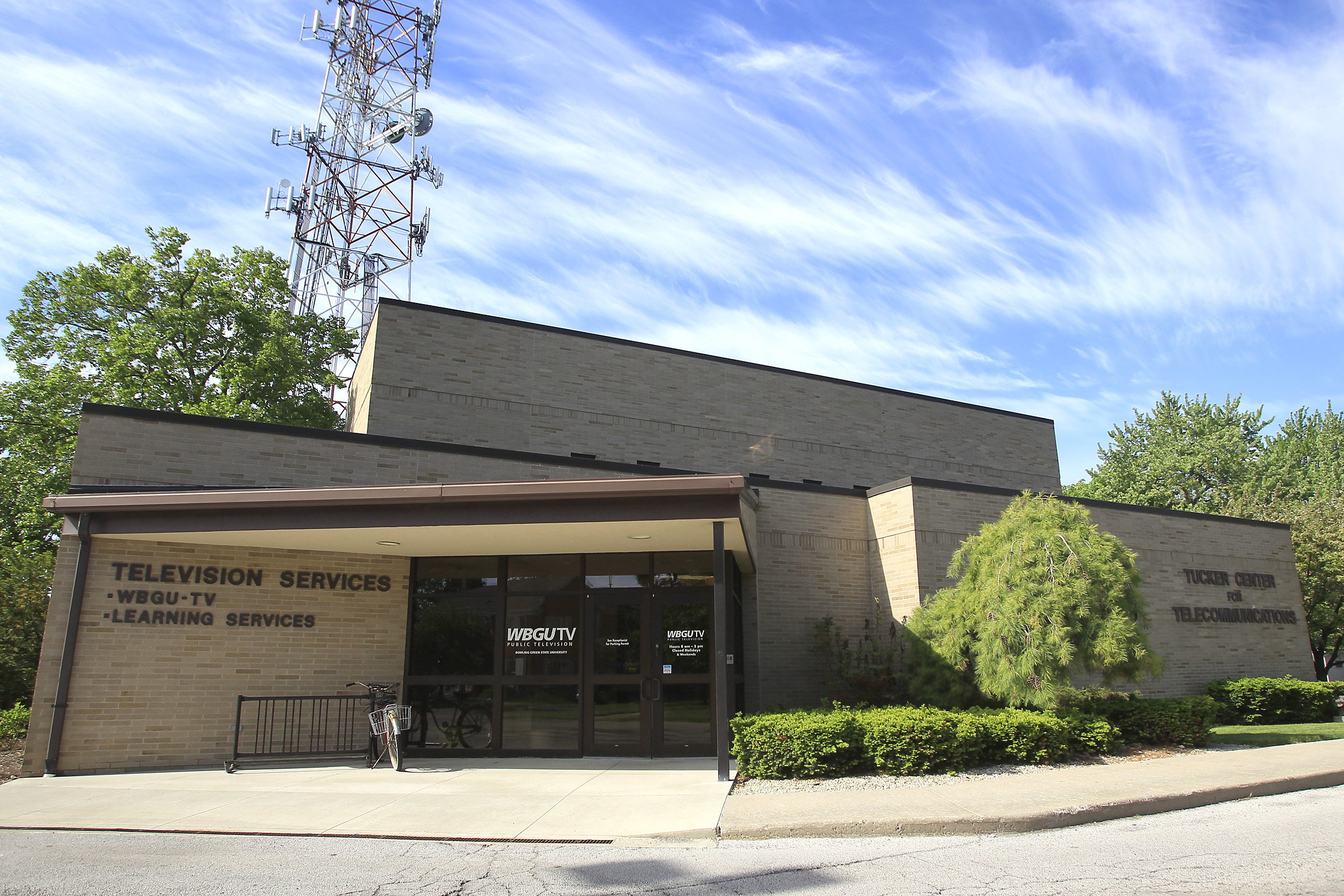Tag: spectrum auction
FCC declines to protect public TV in 2016 spectrum auction
In a ruling issued Friday, the FCC also denied a petition to protect TV translators, which many rural stations use.WBGU-TV may auction spectrum; could leave part of Ohio without PBS
The board of trustees for Bowling Green State University approved an administration request to explore participation in the FCC’s spectrum auction.FCC to provide spectrum bids to stations by September, CPB Board hears
Stations have 60 days from receiving bids to declare whether they will participate in the auction, set for mid-2016.Court denies NAB challenge to aspects of spectrum auction
FCC Chair Wheeler said the decision provides "the certainty necessary to proceed apace toward a successful auction in the first quarter of ...Post-auction coverage still concerns public TV broadcasters
Repacking the broadcast spectrum could create “unprecedented” holes in public TV signal coverage.As spectrum auction approaches, consider value of local service
How do you determine the value of a public station for which public service, not return on investment, is the bottom line?CPB Board spectrum committee sends TV CSG proposals to full board
The proposals clarify key financial issues surrounding the FCC’s spectrum auctions, which could bring millions of dollars to stations.Pubcasters ask FCC to boost payouts for auction participants opting for VHF channels
A Virginia broadcaster might swap some of its UHF TV channels for VHF during the FCC’s incentive auction and wants a bigger ...Spectrum auction issues dominate CPB Board meeting
CPB is aware of as many as six public television stations considering going off the air, said Michael Levy, e.v.p., during the ...FCC schedules initial workshops on spectrum auctions
The workshops will run nationwide between February and May.Thursday roundup: Serial wraps, Texas Tribune finds new partner
Plus: CPB offers funds for spectrum auction planning.FCC requests comments on details of spectrum auction rules
After hearing statements of dissent from its two Republican commissioners, the FCC approved on a party-line vote Wednesday the release of a ...Public TV stations face challenging wait for arrival of ATSC 3.0 standard
Broadcast TV in the U.S. will undergo two big changes in the next few years, and a clash in the timeline for ...FCC reps tell CPB board of growing interest in spectrum auction
WASHINGTON, D.C. — An increasing number of public broadcasters have been contacting the FCC in recent weeks for information about participating in ...Auction delay allows time to think hard about selling spectrum
Selling or keeping spectrum is perhaps the most consequential decision that the current generation of public television station executives and their boards ...



